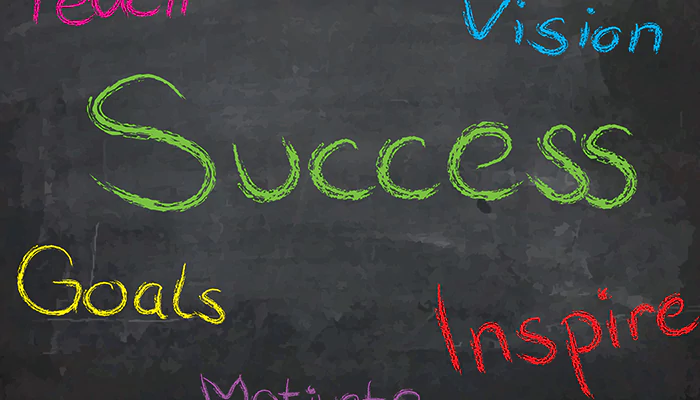Overcoming Public Speaking Anxiety: How to Have More Confidence on Stage
Let’s see some practical tips to assist you in conquering public speaking anxiety and being much more self-assured in speaking.
- Shriparna
- 26 November, 2024
- 2 mins ago

Overcoming Public Speaking Anxiety: How to Have More Confidence on Stage
Let’s see some practical tips to assist you in conquering public speaking anxiety and being much more self-assured in speaking.
Public speaking often tops the charts of things people commonly fear, sparing flying or spiders no embarrassment. The very thought of getting up in front of an audience and speaking can make one quiver with anxiety and doubt themselves. However, with just a few good techniques, anyone can overcome that fear and step off stage confident.
Understand your fear
Public speaking is overcoming that very fear you instill within yourself. For many, this may be due to a loss of control-the fear of judgment, the making of mistakes, or even simply the memory of your lines. When you understand the triggers, you might as well learn how to approach the problem at hand. For example, if one fears forgetting his speech, he or she should try to remember key points rather than memorize every word. You can make that fear work for you instead of against you when you know what happened to you.
Thorough Preparation
Confidence is a product of preparation; hence, preparation is the major thing that would contribute to overcoming anxiety. The more prepared you are, the less nervous you feel. Research the topic well; organize your thoughts in a clear and logical way. Practice an innumerable number of speech versions, including loud and in front of a mirror, or make a recording of your speech to refine the delivery, adjust your timing, and identify areas where you might need extra practice.
Practice in front of friends or family for an audience environment. Their feedback is going to go a long way in giving you important points that will help you know how you are coming across before the big event.
Visualization of Success
Other successful orators and performers use visualization as one of their most powerful tools. Just before you go on stage, take a couple of minutes to close your eyes and vividly see yourself as already giving the talk with confidence and poise. Imagine the audience listening attentively, nodding in acceptance, and, at the end, applauding. This mental rehearsal can help reduce anxiety and set a positive tone for your presentation.
Apart from psyching your mind to success, visualization keeps you off the thoughts of anything that might go wrong. The more real the vision of your success in your head, the more certain you are of success when the time comes.

Master Your Breathing
Anxiety tends to elicit shallow breathing, which is likely to make you even more nervous. The ability to regulate your breathing helps calm your nerves. Master deep breathing techniques, such as inhaling deeply through your nose, holding for some seconds, and then exhaling through the mouth. It will work for you both before and during the speech to keep your heart rate low, your muscles relaxed, and you still grounded.
Another popular breathing technique involves the "4-7-8" method. One breathes in for four seconds, holds their breath for seven, and exhales after eight seconds. It will quiet your anxiety in no time and bring you back into the driver's seat regarding your emotions.
Start Small and Build Up
If just to think about public speaking panics you, start small. Start speaking up in smaller, less intimidating settings: team meetings, family gatherings, or online video calls. Gradually build your confidence by taking larger audiences and more complicated topics. As each successful speaking experience adds to building confidence, anxiety diminishes.
Keep in mind that public speaking is an art that gets better with practice. Each time you get to speak, however brief it may be, offers you a great opportunity to sharpen your skills and gain confidence.
Learning from Mistakes
Remember that even the most accomplished speakers make mistakes. Instead of catastrophizing about messing up, view any mishaps as opportunities to learn and improve. If you stutter over a word or neglect to say something, simply pause, take a deep breath, and charge ahead. Audiences are more forgiving than you might expect, and a single tiny mistake is unlikely to sabotage your entire speech.
You take off some of that pressure you put on yourself by changing the mindset and taking mistakes as a part of the learning curve. Welcoming imperfections in your work will make you more comfortable on stage to deliver your message rather than seeking perfection.
Success in overcoming this anxiety about public speaking is nurtured by patience, practice, and acceptance of gradually stepping out of the comfort zone. Making good sense of your fears, being deeply prepared, visualizing, mastering breathing, starting small, embracing mistakes-all contribute to ego taming and instill confidence in shining on stage. Every great speaker started where you are now; take the first step and watch your speaking skills flourish.










